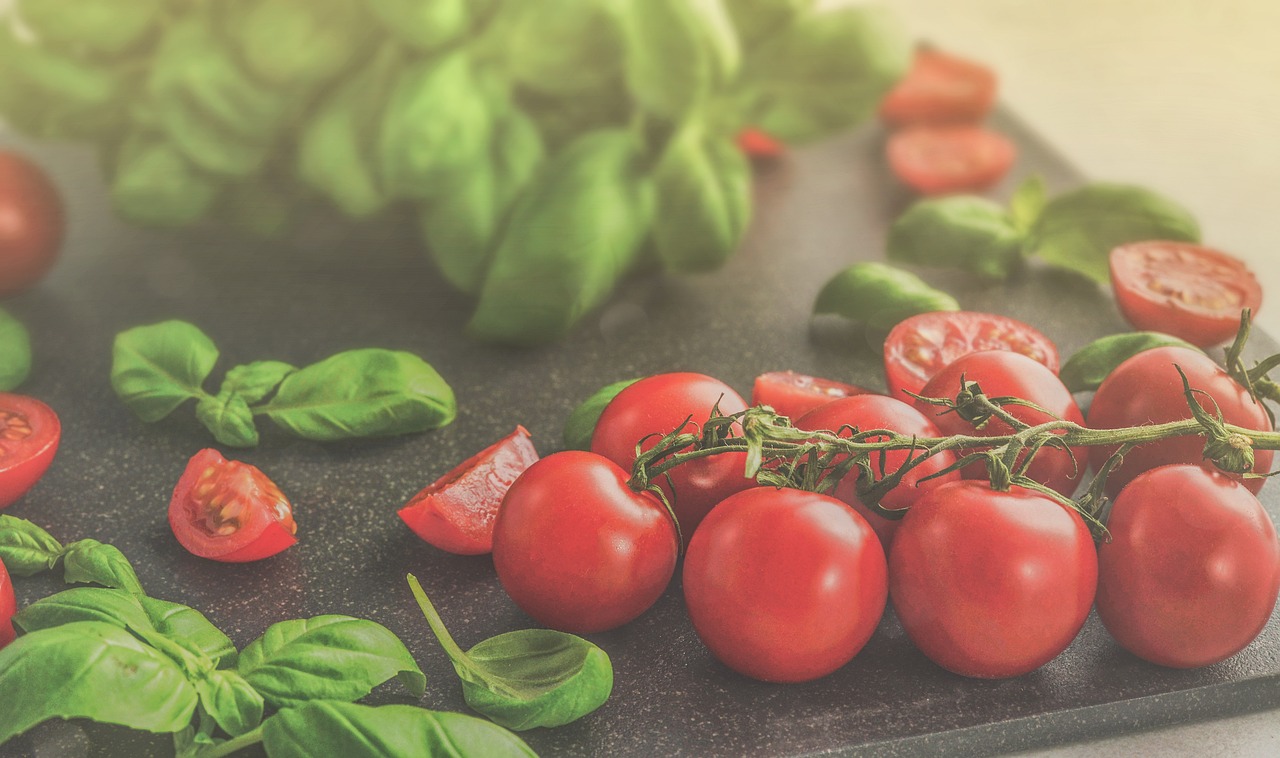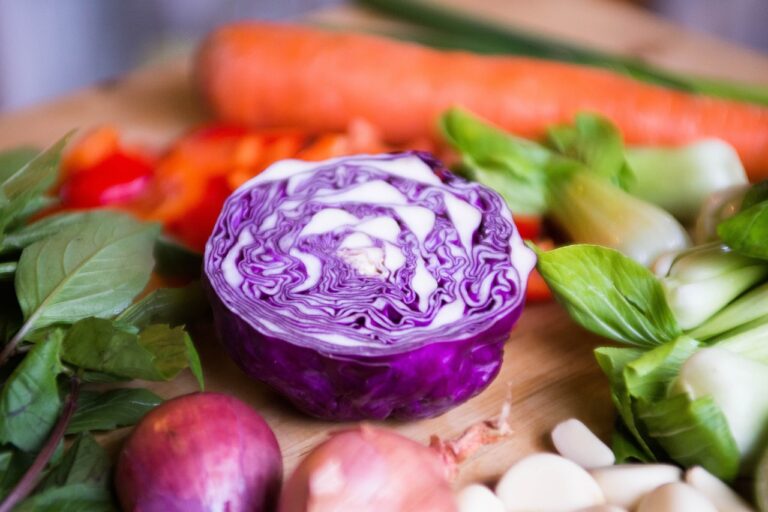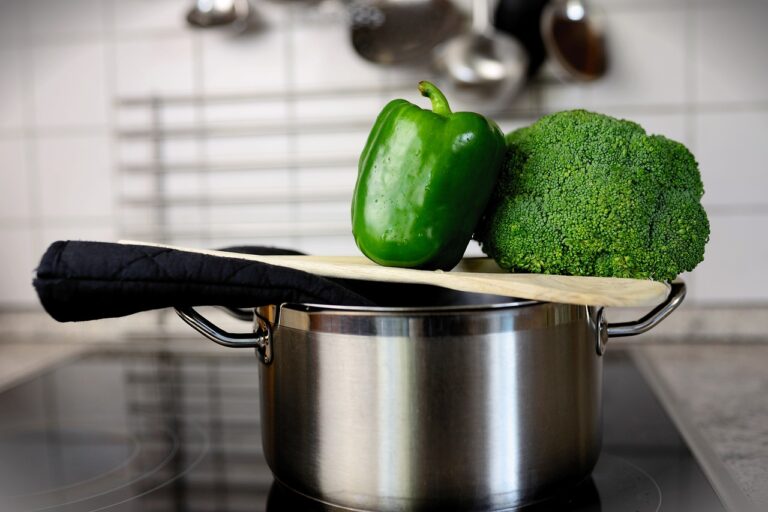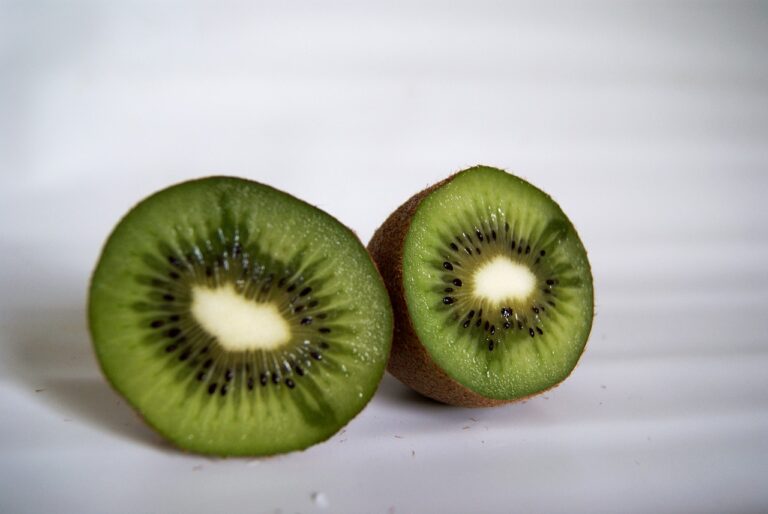Evaluating the health implications of consuming fruit pulp versus whole fruits: Betbhai.com exchange, Play99 exchange, Gold365 registration
betbhai.com exchange, play99 exchange, gold365 registration: Consuming fruits is a vital component of a healthy diet. They are packed with essential vitamins, minerals, fiber, and antioxidants that are beneficial for our overall health. When it comes to enjoying fruits, some people prefer consuming the whole fruit, while others opt for fruit pulp or juice. But which option is healthier? In this article, we will delve into the health implications of consuming fruit pulp versus whole fruits.
Benefits of Consuming Whole Fruits
Whole fruits, such as apples, oranges, berries, and bananas, are rich in fiber. Fiber plays a crucial role in our digestive health by promoting regular bowel movements and preventing constipation. Additionally, fiber helps to regulate blood sugar levels and lower cholesterol levels, reducing the risk of heart disease.
Whole fruits also contain more vitamins and minerals compared to fruit pulp or juice. These essential nutrients are crucial for maintaining a healthy immune system, supporting cell function, and promoting overall well-being.
One of the significant advantages of consuming whole fruits is that they are more filling than fruit pulp or juice. The fiber content in whole fruits helps to keep you satiated for longer, reducing the likelihood of overeating or snacking on unhealthy foods.
Benefits of Consuming Fruit Pulp
Fruit pulp, which is essentially the pureed fruit without the skin or seeds, is a convenient way to consume fruits on the go. It is often used in smoothies, fruit bowls, and as a topping for yogurt or oatmeal.
One of the main advantages of consuming fruit pulp is that it is easier to digest than whole fruits. The fiber content in whole fruits can be challenging for some individuals to digest, leading to bloating, gas, or stomach discomfort. Fruit pulp provides a gentler option for those with sensitive digestive systems.
Fruit pulp is also a good source of hydration, especially during hot weather or after a workout. The high water content in fruit pulp helps to replenish fluids lost through sweating and keeps you hydrated.
Drawbacks of Consuming Fruit Pulp
Although fruit pulp provides a convenient way to consume fruits, it is essential to be mindful of the potential drawbacks. One of the main concerns with fruit pulp is that it lacks the fiber content found in whole fruits. Fiber is essential for promoting digestive health, regulating blood sugar levels, and maintaining satiety.
Additionally, fruit pulp can be high in sugar, especially if it is sweetened or processed. Excessive sugar consumption can lead to weight gain, increased risk of chronic diseases such as diabetes and heart disease, and tooth decay.
Furthermore, consuming fruit pulp without the skin or seeds means missing out on essential nutrients found in those parts of the fruit. The skin of fruits, for example, is rich in antioxidants and phytochemicals that have various health benefits.
FAQs
Q: Is it better to consume whole fruits or fruit pulp?
A: Both whole fruits and fruit pulp have their advantages and disadvantages. It is essential to include a variety of fruits in your diet to ensure you are receiving a wide range of nutrients.
Q: Can fruit pulp be a part of a healthy diet?
A: Fruit pulp can be included in a healthy diet in moderation. Be mindful of the sugar content and opt for natural, unsweetened options whenever possible.
Q: How can I incorporate whole fruits into my diet?
A: Whole fruits can be enjoyed on their own as a snack, added to salads, oatmeal, or yogurt, or blended into smoothies.
In conclusion, both whole fruits and fruit pulp can be part of a healthy diet. Whole fruits provide more fiber and nutrients, while fruit pulp offers convenience and hydration. The key is to consume a variety of fruits in different forms to reap the maximum health benefits. Remember to prioritize whole fruits whenever possible and enjoy fruit pulp in moderation.







